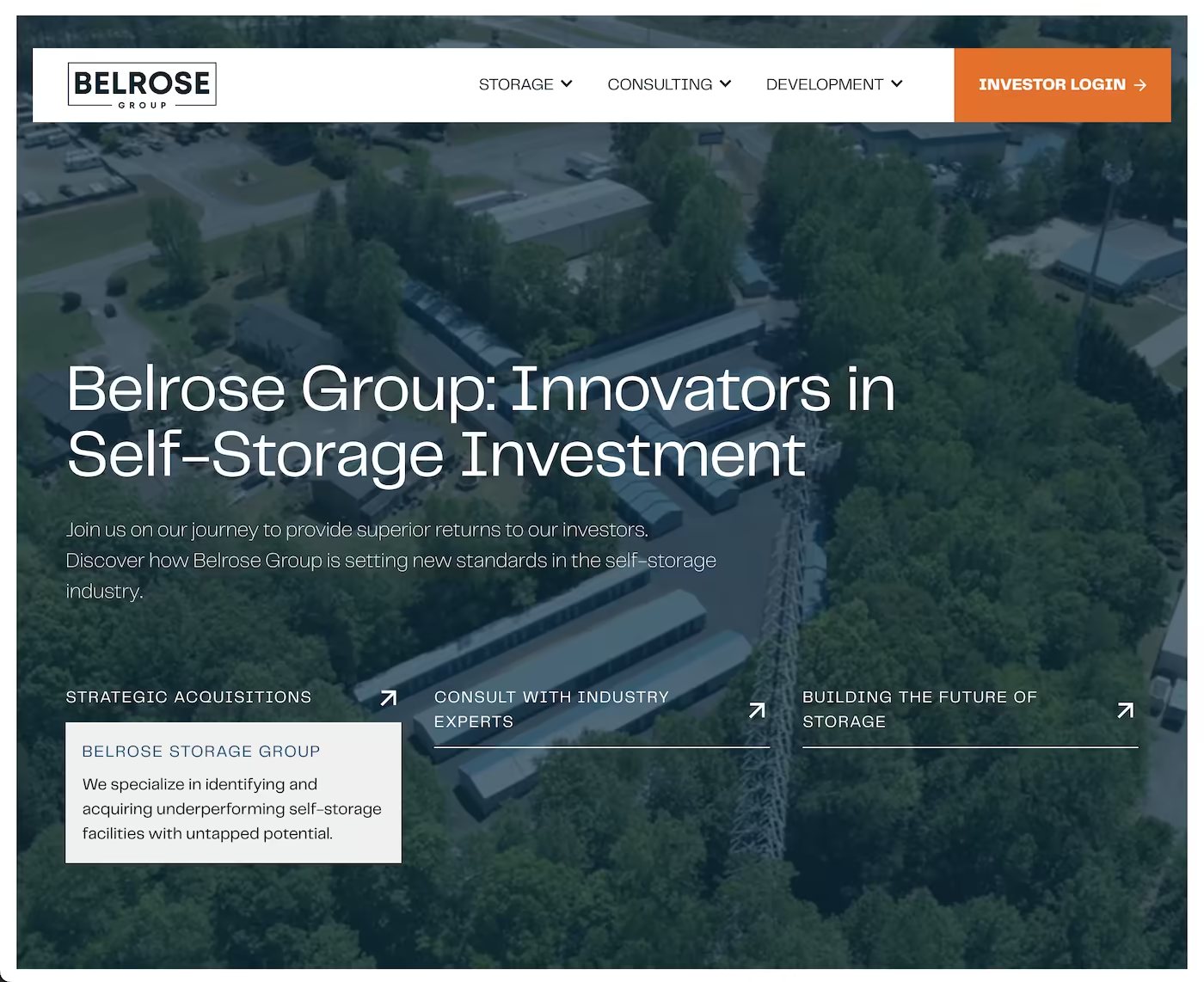Marketing Strategy Necessity for Small Business Success
Marketing strategy is absolutely essential for small businesses, providing strategic framework for resource allocation, audience targeting, and competitive positioning that enables small companies to compete effectively with larger organisations while maximising limited resources and budget constraints.
Strategic planning helps small businesses focus marketing efforts, avoid wasteful spending, and create systematic approaches to customer acquisition and business growth that deliver measurable results and sustainable competitive advantage.
Resource Allocation and Budget Efficiency
Clear marketing strategy enables small businesses to allocate limited resources effectively, ensuring marketing budgets focus on high-impact activities and target audiences that deliver maximum return on investment for sustainable business growth.
Strategic Resource Management
Resource allocation includes budget prioritisation, channel selection, and tactical focus that ensures small business marketing efforts concentrate on activities that generate genuine business results rather than scattered approaches without strategic direction.
Efficiency includes cost-effective marketing approaches, strategic timing, and focused targeting that maximise impact while minimising waste, enabling small businesses to achieve significant results with limited budgets and resources.
Small Business Strategy Benefits
- Resource efficiency: Strategic allocation of limited budgets and time for maximum impact
- Targeted audience focus: Precise targeting that reduces waste and improves conversion rates
- Competitive positioning: Strategic differentiation that enables competition with larger players
- Measurable growth: Systematic approaches that deliver trackable business results
- Strategic clarity: Clear direction that guides all marketing decisions and activities
Audience Targeting and Market Focus
Marketing strategy enables small businesses to identify and target specific audience segments that offer greatest business potential, avoiding broad approaches that dilute messaging and waste resources on unqualified prospects.
Targeted approach includes customer persona development, market segmentation, and focused messaging that creates stronger connections with ideal customers while reducing marketing costs and improving conversion rates for sustainable growth.
Competitive Advantage and Market Positioning
Strategic marketing enables small businesses to compete effectively with larger organisations through focused positioning, unique value propositions, and strategic differentiation that highlights advantages over larger, less agile competitors.
Competitive positioning includes niche market focus, personalised service emphasis, and agility advantages that enable small businesses to capture market share and build customer loyalty despite resource limitations.
Systematic Growth and Scalable Approaches
Marketing strategy provides systematic framework for business growth that enables small companies to scale marketing efforts as resources increase while maintaining strategic focus and effectiveness throughout expansion phases.
Scalable approaches include repeatable processes, strategic foundation building, and systematic improvement that supports sustainable growth while maintaining efficiency and strategic alignment throughout business development.
Measurable Results and Strategic Learning
Strategic marketing enables small businesses to track performance, measure results, and learn from marketing activities that inform future decisions while ensuring marketing investment delivers measurable business impact and growth.
Performance measurement includes strategic metric tracking, campaign analysis, and continuous improvement that ensures marketing efforts contribute to business objectives while enabling strategic refinement and optimisation for continued success.
Ready to develop strategic marketing approaches that enable small business success and competitive advantage? Marketing strategy is essential for small businesses seeking sustainable growth, efficient resource utilisation, and competitive positioning that enables success despite size limitations through strategic planning and focused execution.





